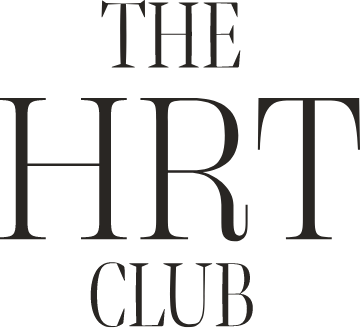Following the July 17th FDA advisory panel on hormone replacement therapy, we sat down with The HRT Club’s General Counsel & COO, Lauren Darisse, Esq., to get her unfiltered perspective on the discussion, the media coverage, and what comes next.
Attribution: Image by Freepik
The panel talked a lot about “medical dogma vs. evidence.” Where do you see the biggest gaps between current practice and the latest scientific understanding in menopause care?
“This is exactly the right way to be framing this conversation. There is a longstanding belief that HRT is categorically unsafe and that belief simply isn’t supported by science. A lot of people have asked me why the WHI study was accepted without question, even after it was pulled. My best response is it was sensationalized by the media and the nuance was totally left out of the equation. So, rather than questioning the data, doctors saw the scary headlines and didn’t want to risk being the person that prescribed something that caused patient harm. What saddens me the most on this is that over 20 years later, we are still trying to undo this damage. Education could really go a long way and that’s what Thursday’s call was about.”
The panel emphasized the critical need for better clinician education on menopause. How do you see the current state of education affecting patient care, and what urgent steps do you think are needed?
“Here’s the thing—we know that the overwhelming majority of doctors simply aren’t trained in menopause. Perimenopause and menopause are issues that all women will face at some point in their lives. Women make up more than half of the population. I’m deeply puzzled as to why such a major healthcare milestone for so many people is a mystery, and why women are suffering in silence. Too many of us don’t understand our own bodies, are embarrassed to discuss our symptoms, and have little (or most likely no) support from our doctors. That is a problem that needs to be addressed swiftly. That’s why states are starting to call for action. At The HRT Club, we are closely following this legislation, partnering with advocates in the space, and working to mobilize our members to demand clinician education.”
From a healthcare industry perspective, what opportunities or challenges do you see emerging from the FDA’s renewed focus on HRT and related therapies like testosterone?
“I could talk about this for days. The opportunities are endless: education for doctors and women alike, campaigns to de-stigmatize this very real and very human part of life, increased access to treatments, and better quality of life are among the many things I could see improving in the near term. I think the biggest challenge is the elephant in the room that is the ‘medical dogma’—in that HRT is dangerous because that’s what we were taught. There will be clinicians that refuse to reassess based on today’s science and the flaws of the study, and that will be a loss for women that rely on them for care. There will also be folks who say that this is just a push by big pharma, which is also wrong in so many ways. At The HRT Club, we are provider and treatment agnostic. That’s important, because we don’t care who your doctor is or what medication they decide is for you. We just want women to have relationships with doctors they trust and find whatever approach is best for them. There’s nothing more to it.”
What specific changes in FDA processes or policies do you think would be most impactful?
“That black box warning needs to go! Update indications for HRT. Right now, there is a huge demand for things that aren’t FDA-approved, or that are approved in a way that is inconsistent with medical judgement. That’s not ok as it only leads to more stigma around off-label, but clinically appropriate use.”
If you could prioritize one area for immediate action following this panel, what would it be and why?
“The FDA took a huge step in the right direction on the 17th, and for that I am grateful. The ball doesn’t stop here though. We need action. I’d like to see the FDA publicly indicate that they’ll be changing their labeling, removing that Scarlet Letter black box, and updating their guidance on HRT overall.”
Want to stay in the loop on policy updates, FDA guidance, and HRT access?
Join The HRT Club — we’re here to ensure no woman is left behind when it comes to midlife care.


